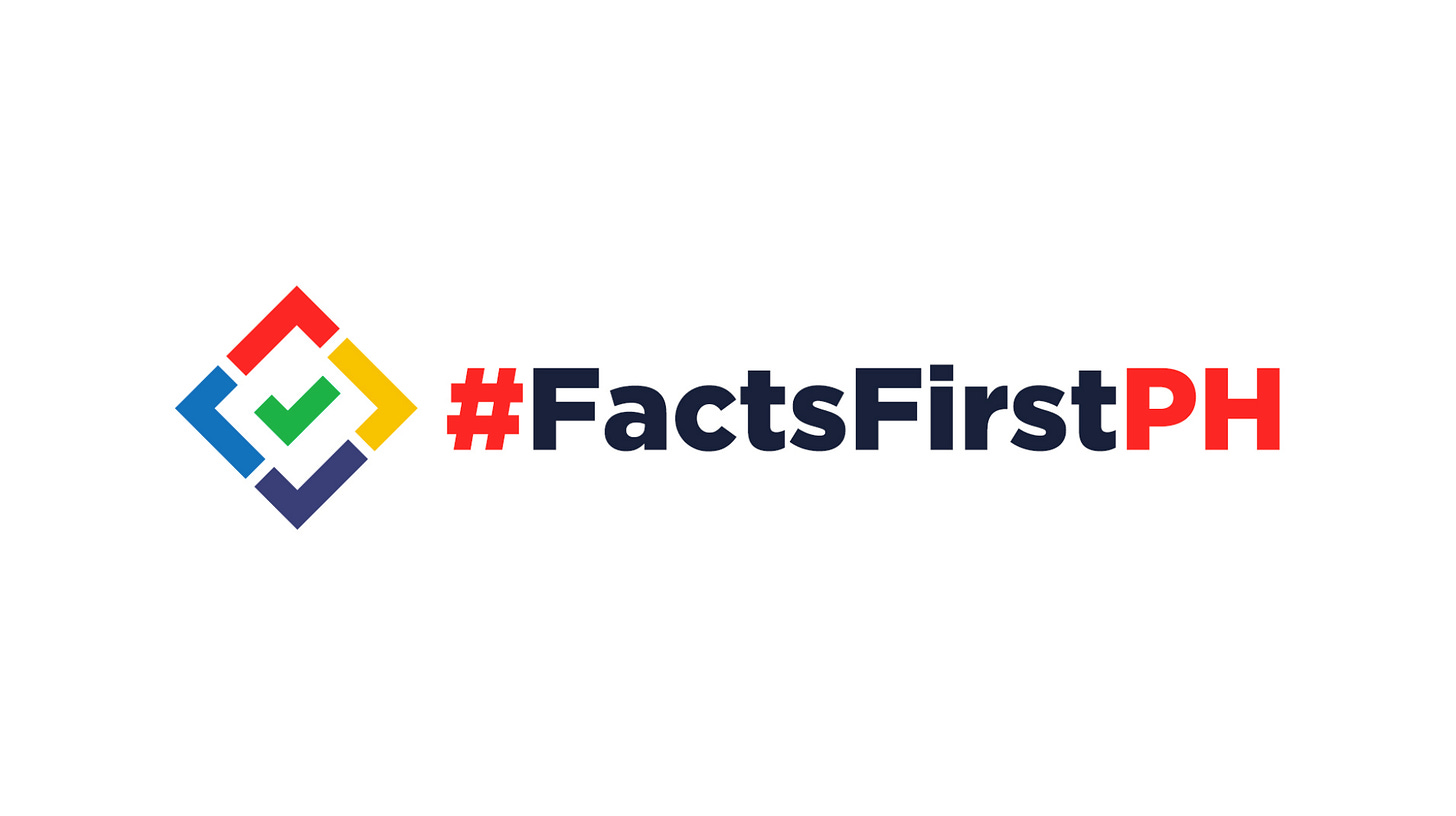Content takedowns and fake vaccine cards
Hey Checklisters!
The weekend is almost here and we hope you’re staying safe and healthy.
What happens when governments seek tougher action from tech giants on misinformation? In this issue of The Checklist, we take a look at the heated discussions between the Indian government and tech companies on inaction on ‘fake news’ and related content takedowns. In this issue we also have highlights from a recent report that looks at emerging threats to data privacy in a number of African countries.
Have you heard of fake vaccine cards? Well, they are everywhere, as this investigative report reveals.
We are pleased to share an exciting update from the Philippines. Meedan is honored to work with Rappler and Google News Initiative to launch #FactsFirstPH, a first-of-its-kind initiative to fight for facts ahead of the May 2022 Presidential elections in the Philippines.
If there are updates you would like us to share from your country or region, please reach out to us at checklist@meedan.com.
The Checklist is currently read by over 1000 subscribers. Support us by sharing this issue with friends and colleagues.
The latest top stories
Exclusive: In heated meeting, India seeks tougher action from U.S. tech giants on fake news (Reuters)
Indian officials have held heated discussions with Google, Twitter and Facebook for not proactively removing what they described as fake news on their platforms, sources told Reuters, the government's latest altercation with Big Tech.
The officials, from the Ministry of Information and Broadcasting (I&B), strongly criticised the companies and said their inaction on fake news was forcing the Indian government to order content takedowns, which in turn drew international criticism that authorities were suppressing free expression, two sources said.
"Detailed takedown orders are not made public by the government," said Apar Gupta, the executive director at Internet Freedom Foundation, adding that the basis for the action was not explained.
This allowed authorities to censor content even if it does not violate public order or the security of the state, he said.
African governments scale up online attacks on privacy (Ifex)
Emerging threats to data privacy in a number of African countries have evolved at a quicker pace than regulatory frameworks dedicated to safeguarding the right to privacy, especially in the digital era. Governments in the region continue to disregard regional and international privacy and data standards, instead focusing on surveillance of their citizens through legislation and policy is increasing restrictions to the use of anonymity and encryption – both of which are fundamental to upholding other rights including press freedom, access to information and freedom of expression.
“In recent years, various African countries have enacted laws and policies to regulate the right to privacy. Many of the laws enacted do not measure up to international human rights standards and fail to establish clear and appropriate oversight, redress and remedy mechanisms.” — CIPESA Mapping and Analysis of Privacy Laws in Africa report
Philippines passes law to tackle anonymous social media abuse (Reuters)
Philippines lawmakers have approved legislation requiring social media users to register their legal identities and phone numbers when creating new accounts, a senator said on Thursday, in an ambitious move to thwart online abuse and misinformation. The bill is a rare push by a legislature to compel users to disclose details that would allow them to be traced, in a country notorious for online trolling, disinformation and use of anonymous social media accounts.
"It is our little contribution to fight the anonymity that provides the environment for trolls and other malicious attacks to thrive in the age of social media. This new provision will prevent anyone from making anonymous accounts online so they could attack anyone endlessly and viciously." — Senator Franklin Drilon, one of the authors of the bill
Fake vaccine cards are everywhere. It’s a public health nightmare (Grid)
Thousands of fake vaccine card vendors threaten to gut the effectiveness of U.S. vaccine mandates, a Grid investigation reveals. Major platforms and app stores aren’t stopping them, law enforcement isn’t catching them, and political leaders are AWOL.
There were more than 10,000 vendors on Telegram selling fake vaccine cards on the website as of September last year, according to research by Check Point Software. When Grid checked this month, we found at least 557,000 subscribers to Telegram channels advertising fake credentials for sale, although those numbers are virtually impossible to verify. “It’s a problem — and it’s a problem across every country we looked at,” said Check Point’s Linder. The group has identified 28 countries for which fake vaccination cards are being sold on the dark web and Telegram.
What’s new at Meedan
The Battle For Facts In The Philippines: Launching #FactsFirstPH
Meedan is honored to work with Rappler and Google News Initiative to launch #FactsFirstPH, a first-of-its-kind initiative to fight for facts ahead of the May 2022 Presidential elections in the Philippines. More than 100 civil society organizations, newsrooms, business groups, legal groups and research groups have come together to form the #FactsFirstPH coalition. The coalition is committed to promoting truth in the public space, and seeking accountability from those who spread misleading information and falsehoods.



